Inequalities in access to immunotherapy in lung cancer: the influence of socioeconomic position and travel distance
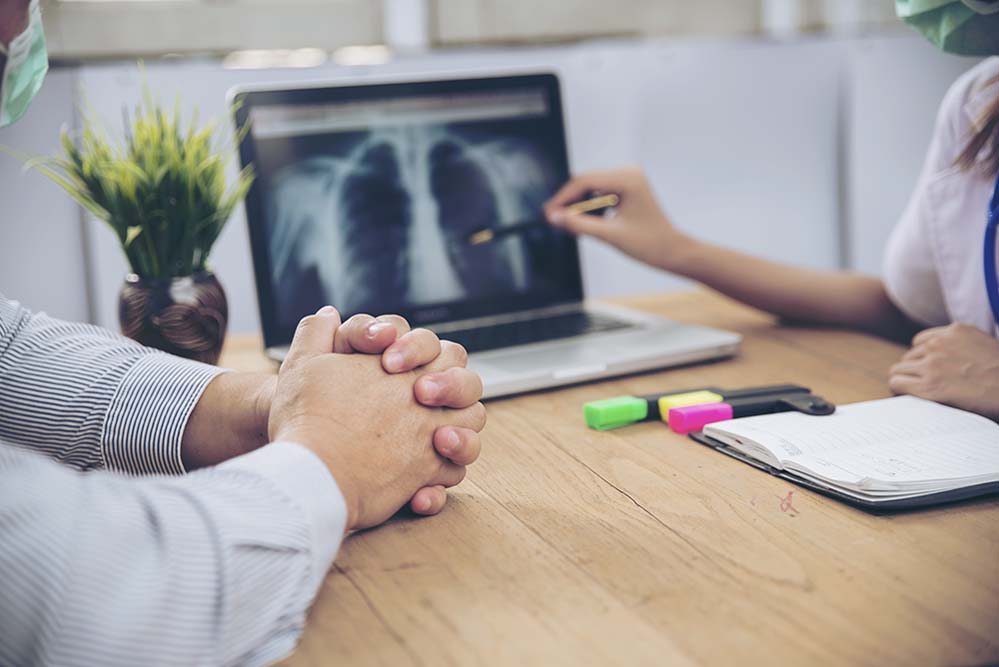 New research shows that not all eligible patients with stage III non-small cell lung cancer (NSCLC) receive the drug durvalumab equally in the Netherlands. Durvalumab is among the most expensive cancer medications in the Netherlands.
Read more
New research shows that not all eligible patients with stage III non-small cell lung cancer (NSCLC) receive the drug durvalumab equally in the Netherlands. Durvalumab is among the most expensive cancer medications in the Netherlands.
Read more
Cancer risk and survival in Europe depending on where your cradle is located
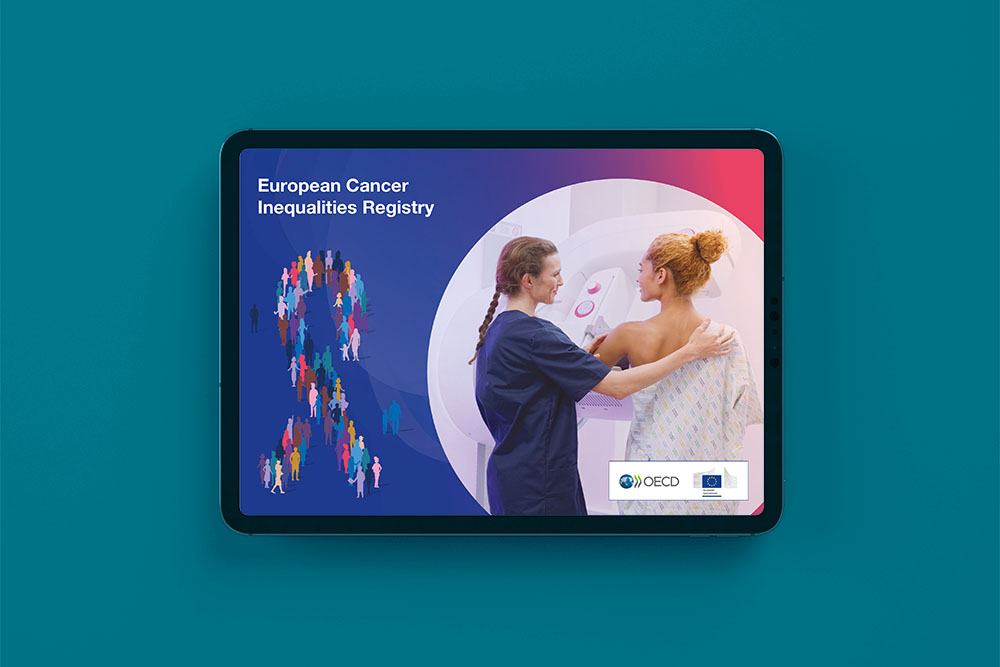
Cancer is a major public health problem in Europe. In 2022, there were an estimated 2.78 million new cases of cancer in the 27 member states of the European Union (EU27) plus Iceland and Norway (EU+2 countries), equivalent to about five new diagnoses every minute. Cancer is expected to be the leading cause of death in Europe by 2035. The disparities in Europe are great and we need to address these disparities at the European level. That is the message of the newly released report Beating Cancer Inequalities in the EU: Spotlight on cancer prevention and early detection by the European Cancer Inequalities Registry (ECIR) and OECD (Organization for Economic Co-operation and Development).
Read moreMajor global study reveals: disparities found in stage at breast cancer diagnosis
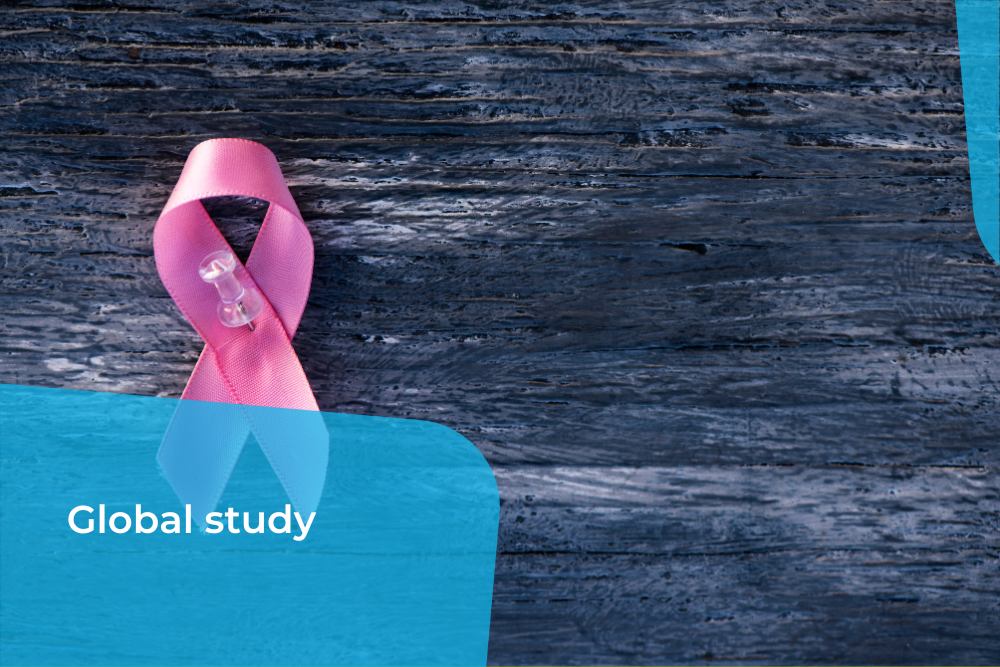
- Breast cancer is now the most commonly diagnosed cancer type, with about 2.3 million new cases each year worldwide.
- This new study, which reviews and collates existing population-based evidence for more than 2 million women across 81 countries, finds striking variations in stage at diagnosis across countries and regions. Up to 30% of women diagnosed with breast cancer in sub-Saharan Africa were found to have later-stage metastatic tumours.
- Higher proportions of older women and women with lower socioeconomic status have later-stage tumours at diagnosis.
- Stage at diagnosis is an important factor in planning treatment and outcomes after a breast cancer diagnosis. The study reveals an urgent need for improved availability of staging data at the population level.
- The data highlight the importance of early detection of breast cancer, particularly in low resource settings.
European collaboration in FLORENCE project Using AI to improve treatment of patients with colorectal cancer
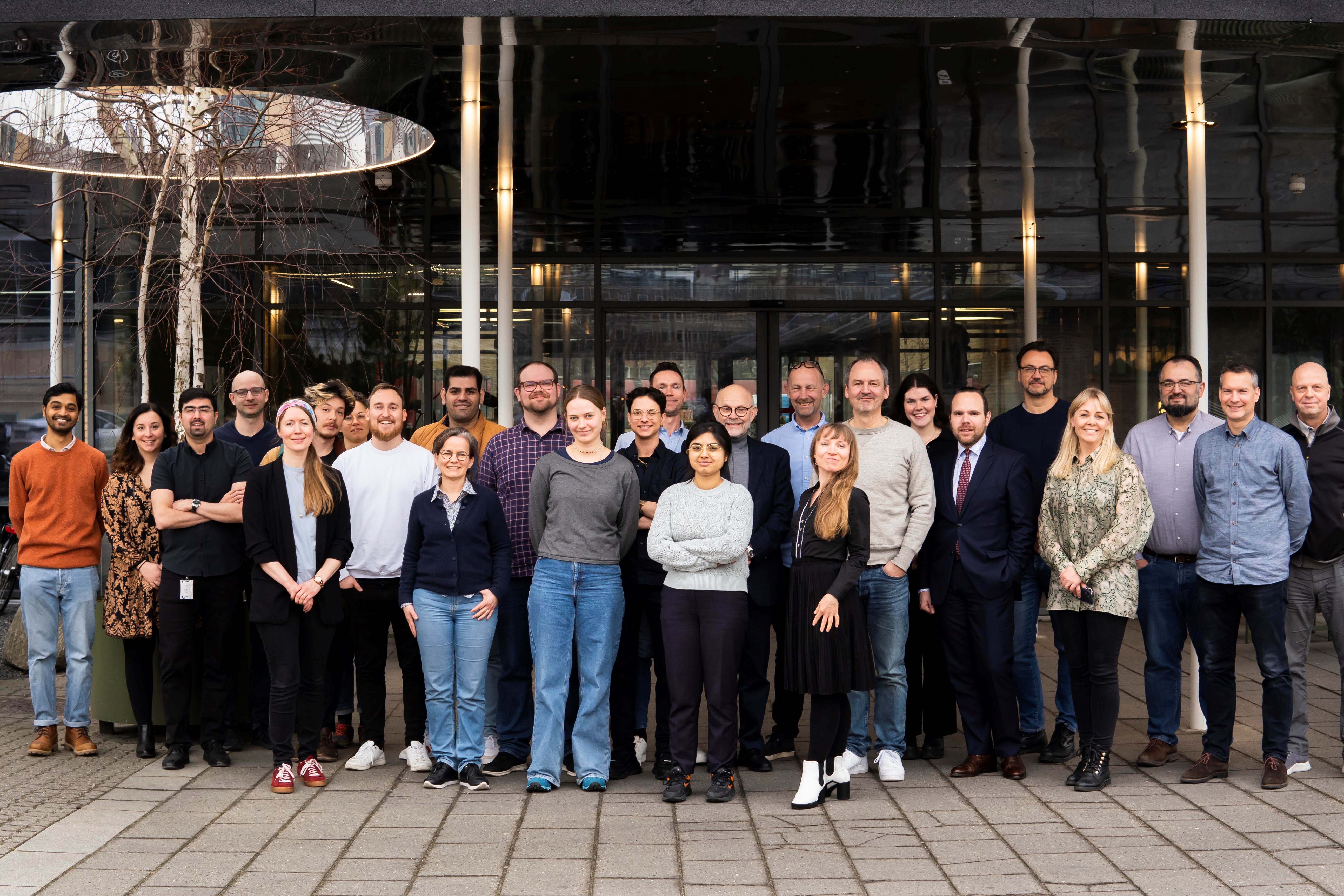.jpg?width=5175&height=3451&ext=.jpg)
One in four patients in Denmark experience complications after colon cancer surgery, leading to re-admission, permanent damage and, in some cases, early death. A new research project, called FLORENCE, aims to improve the diagnosis, prognosis and treatment of patients with colon cancer. The project will develop an artificial intelligence (AI) tool to give doctors a better basis for decisions on patient treatment.
Read moreChanges to primary endpoints in immunotherapy trials: common and untransparent
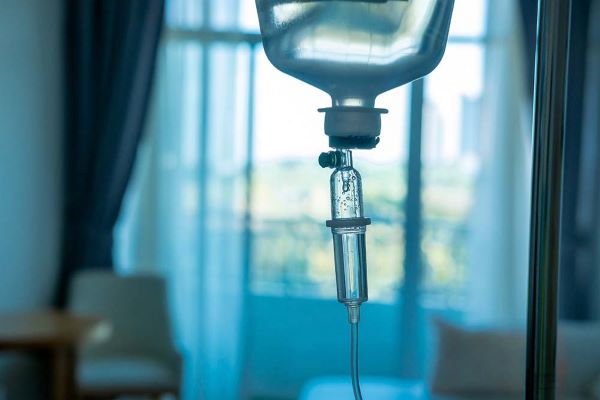
Nearly two-thirds of 38 examined randomized trials of immunotherapy in bladder, lung and kidney cancer included adjustment to primary endpoints. Only a minority of these studies reported these changes transparently, contrary to current guidelines. These are the outcomes of a review published by the Netherlands Comprehensive Cancer Organisation (IKNL), Radboud University Medical Center (The Netherlands), and Queens University Cancer Research Institute (Canada).
Read moreEnglish translations palliative care guidelines
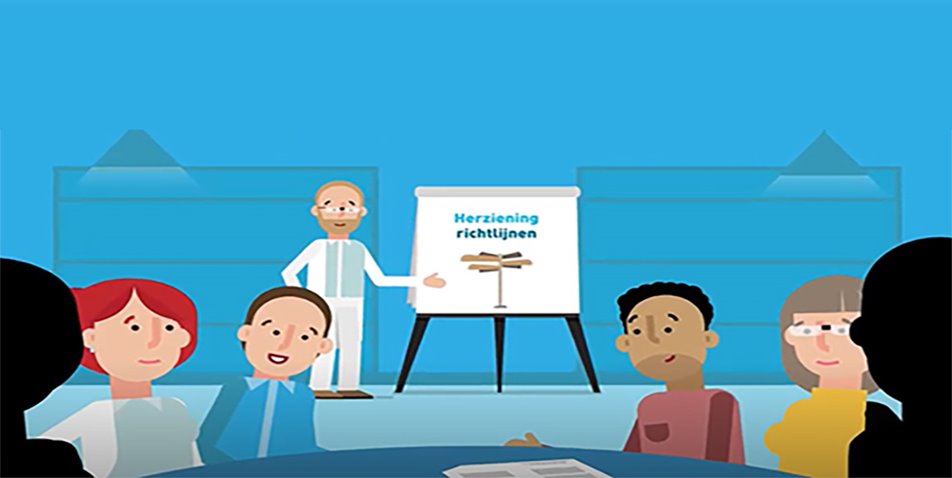
English translations are now available on Pallialine in addition to the Dutch palliative care guidelines. A number of guidelines have been fully translated into English and summaries of some are available in English. These English guidelines and summaries on palliative care can be found for all interested healthcare professionals on a separate page on Pallialine, under the English Guidelines.
Read moreESMO: ‘Cancer survivorship requires collaboration at European level’
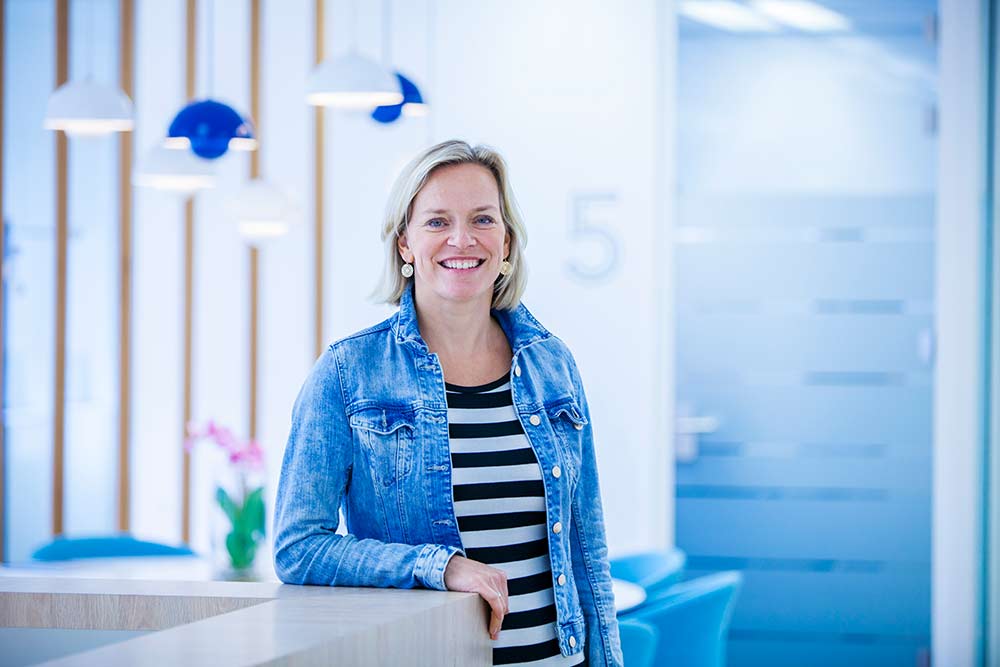
Cancer survivorship should be a topic addressed at the European level al well as the national one, says the European Society for Medical Oncology (ESMO). Not only because everyone in Europe should have access to the best possible care, but also because there is a lot that European countries can learn from each other. Dr. Lonneke van de Poll-Franse (IKNL/NKI-AVL/Tilburg University) is one of the experts within ESMO involved with cancer and quality of life: ‘We want to realise good quality of care for everyone who lives with or after cancer, but healthcare is organised differently everywhere. Therefore, how to best organise health care will be different everywhere in Europe, but we can collaborate and learn from each other.’
Read moreIKNL data partner in DARWIN EU® network of the European Medicines Agency
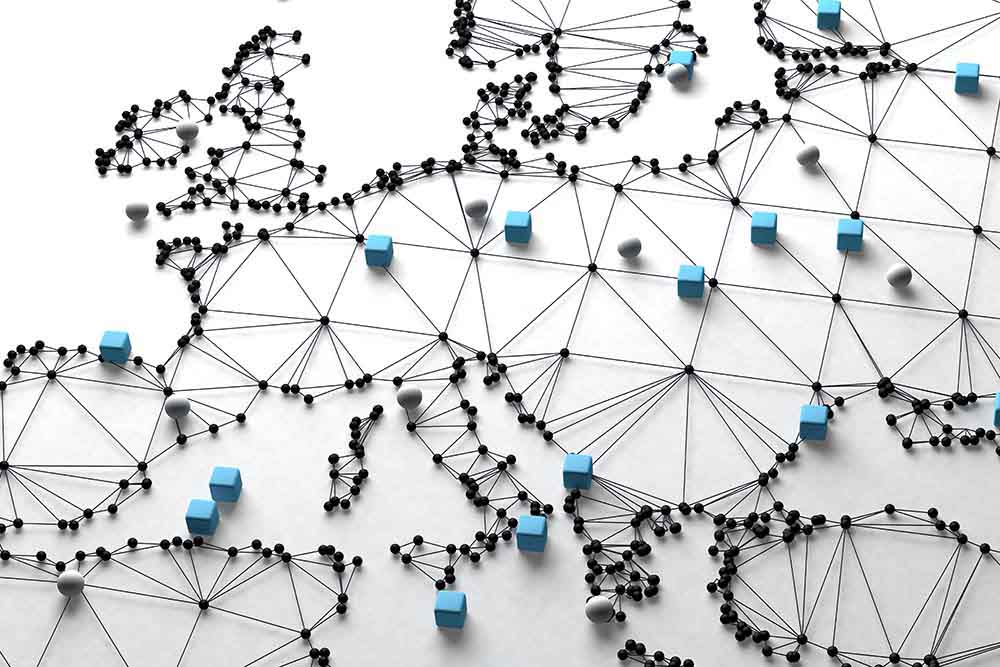
The European Medicines Agency (EMA) has selected the first data partners to collaborate with the international DARWIN EU® network. IKNL is one of the organizations that has been approached and selected for this, through the Erasmus University Medical Center in the Netherlands, which has been appointed as the DARWIN EU® Coordination Center. DARWIN EU® is an EU-wide federated network of high-quality observational healthcare databases across Europe, that provides expertise and services to support regulatory decision-making throughout the lifecycle of a medicinal product.
Read more